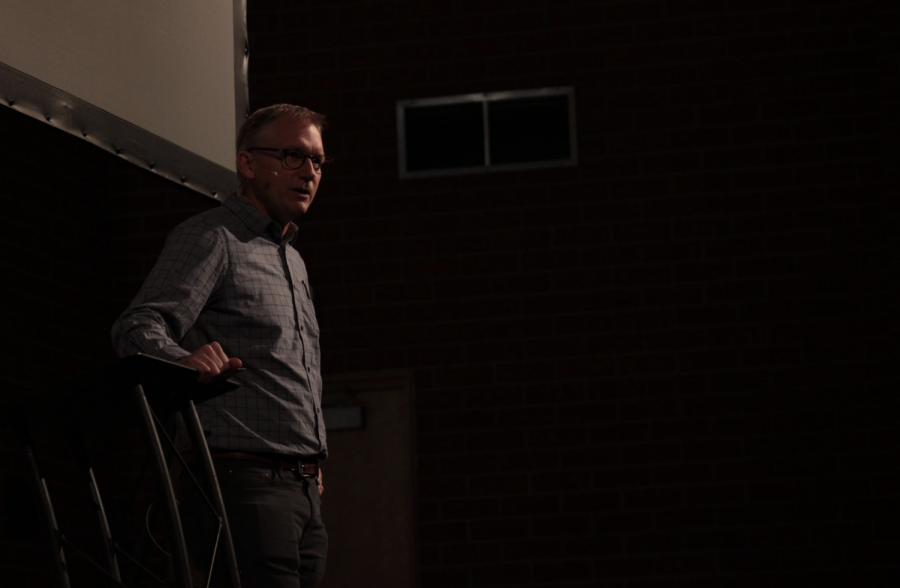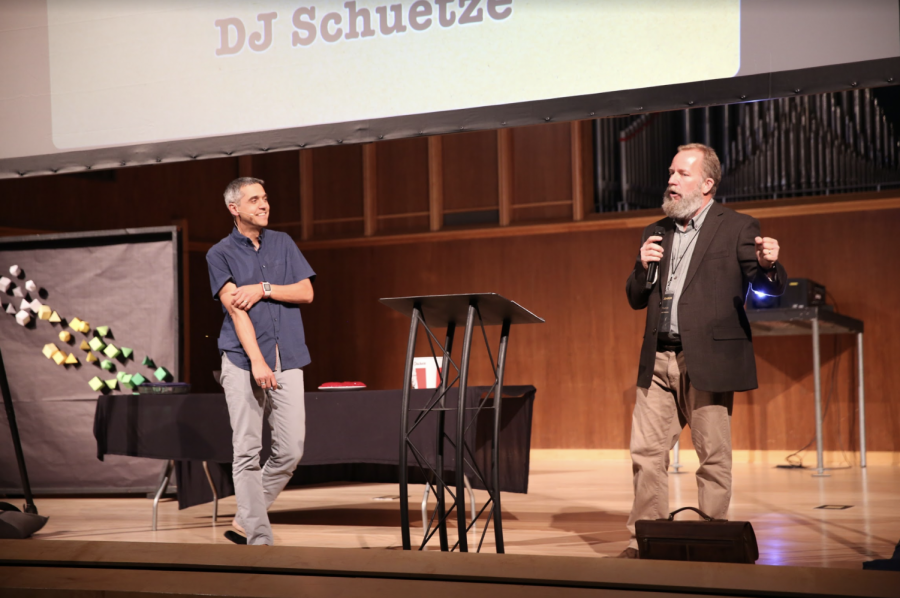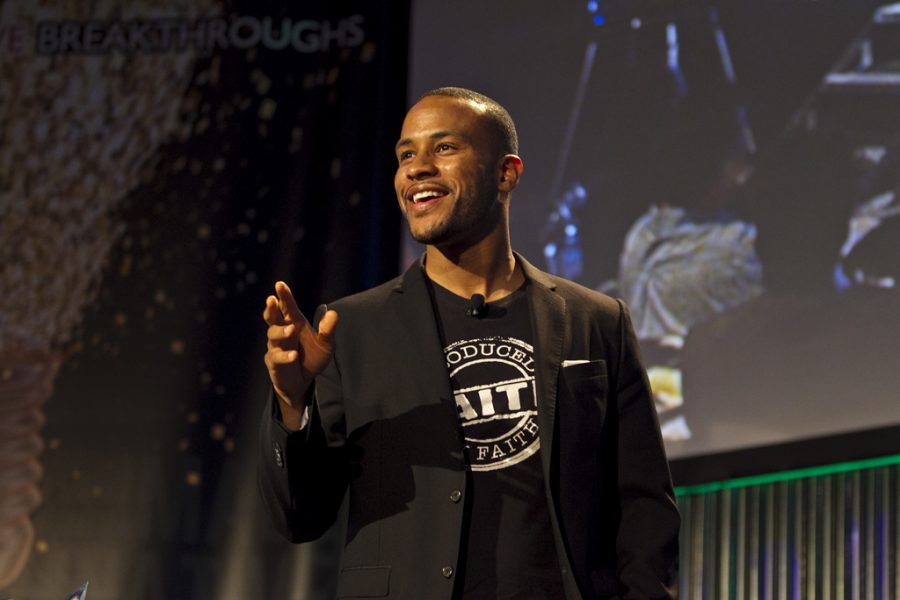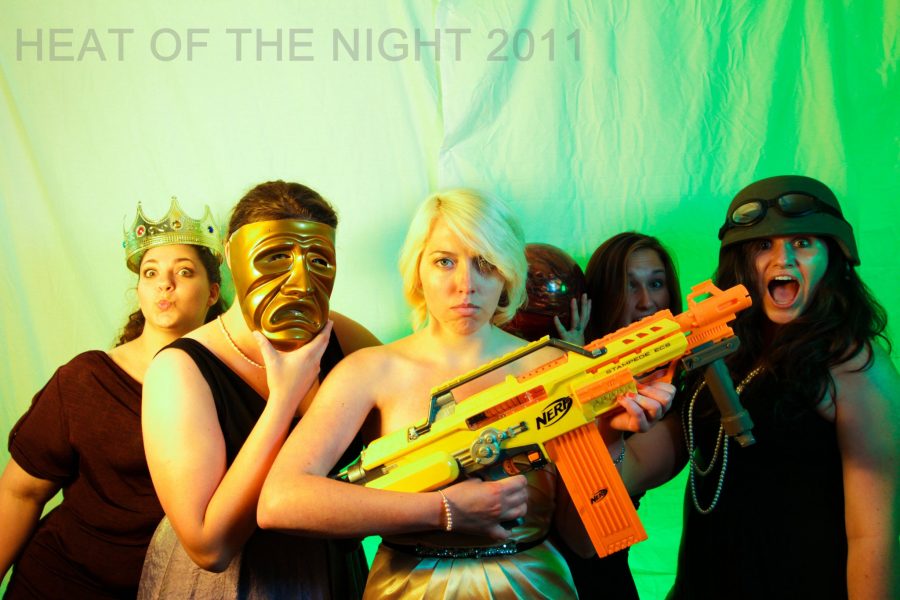This past weekend, a few of my Biola friends and I ventured into the jungle of the film industry, known as Hollywood, to attend the 15th Annual Angelus Student Film Festival. Though it was not the Oscars, it was still quite the experience. Shiny hanging chandeliers, cameras, red velvet seats that felt brand new and a delicious buffet greeted and intimidated us.
It soon became apparent to my friends and I that we had absolutely no idea what to do during the opening “cheese and wine” reception. The room was packed with hardly any room to walk, let alone have proper personal space. Being young poor college students, we all of course devoured the free food (the food was so good that I didn’t even mind not having a plate). I figured that I should be networking like crazy with the fellow people of my industry. But, to be honest, I had no idea what that would entail. I mean, I know how to have a conversation with people. It’s just the business aspect of it that troubles me.
But before I could figure out what to do amongst the buzzing and schmoozing, the ushers filtered through out the crowd, calling all of us to find our seats. After a few moments, the audience grew silent and festival began.
Our host for the evening was ABC’s On the Red Carpet co-star, Chris Balish. I have never heard of him before and I didn’t think he was famous. However, the flashing cameras that surrounded him proved me wrong. With some smooth words and a glistening white smile, the kind that most celebrities have at film premieres, he opened for various awards such as the “Wake Up to Justice Award” and “The Angelus Outstanding Animation Award.”
One film that deeply touched me was “The Old Immigrant’s Dance,” which received the “Outstanding Documentary Award, directed by Stanford’s Charlene Music. The film told the stories of various elderly Latino people who were struggling with finding a job and attaining citizenship in the United States. The film provided a breath of fresh air into the controversial topic of immigration by simply telling people’s stories. It seems like the only news I have ever heard about the immigration debate was on television where news stations, constrained by time limits, can only provide a shallow look at the issue. In this documentary, however, I was reminded that immigrants are not just a distant issue that doesn’t affect me. They are first and foremost people that need shelter, food, a job, care and recognition just like I do. Their meaning does not end with the word “immigrants;” they are people.
As the winning pieces came to life on the huge screen, it quickly became apparent that the films were getting progressively better. A powerful film, which was chosen for the “Audience Impact Award,” was Rahual Gandotra’s “The Road Home.” The film tells the story of a boy’s struggle to work out his ethnic identity as an Indian who was raised in Britain and considers himself English. This beautiful piece, which was shot on location in the Himalayas, deserves its 2010 nomination for the Student Foreign Oscars, and is being developed into a feature-length film.
Another film that impacted me was “Achille,” directed by Giorgia Farina. The title character is an older Italian man who was once a champion diver. As he tries to live out a normal retirement, he feels imprisoned by his aging body and a family that doesn’t understand him. All Achille wants is to be able to dive one more time, “to breathe again” as he puts it. The story builds in tension to the culminating moment when he plunges off the high diving board one last time. The film was beautiful tale illustrating the truth that, despite appearances, no one is too old to live their dream.
But the films were not the evening’s only inspiration. Family Theater Productions, which sponsors the Angelus Film Festival, has its own intriguing history, as described to us by current director Father Willy Raymond. In 1941, Father Patrick Peyton openly brought his faith to Hollywood and founded Family Theater Productions to create alternative, yet mainstream programming to inspire and inform families. He was considered a “pioneer” because at that time, the church regarded everything that came from Hollywood as negative and anti-God. However, Father Peyton chose to use the media as a tool for his message.
Looking at the church and Christians today, I still feel like there is a fear of Hollywood and what comes from it. And Christian filmmakers can easily feel too intimidated to take Christ’s message to the big screen. It can be frightening, and is by no means an easy task. But, as Father Peyton demonstrates, Christians should not hold back in standing up for their values within popular culture.
We are all storytellers called to be a part of God’s meta-narrative in life. We each have a different part of God’s story to tell regardless of major, background, language or race.
“The story is the blood and life of the film,” an old saying goes. It is the most important part of movie making. This is also true when it comes to our own personal tales. What we do shapes who we are. And how we act gives life to our own personal story that Christ has created within us. Everything we do has an effect on Christ’s ultimate story of love, hope and sacrifice. As students, we have a purpose for being here at Biola, and we can choose to glorify God with our story whether it’s in how we do homework, socialize, or prepare for our career. Are you making God a part of your story? Better yet, are you placing yourself in God’s meta-narrative?










